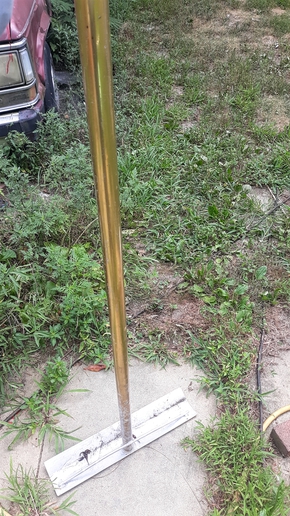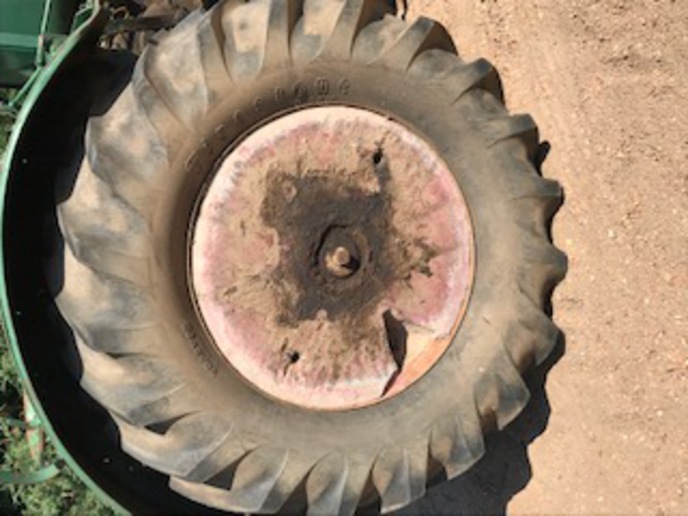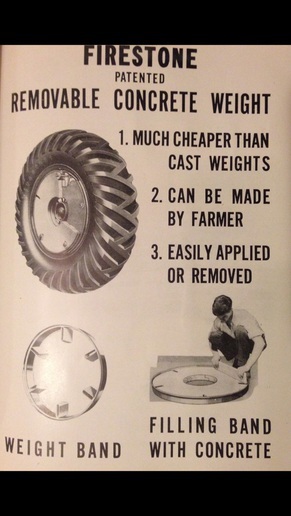banjoman09
Well-known Member
Hello all; looking for sound advice My Oliver 28-44 I bought last fall has "cement in rear wheels" I guess for added weight. Whoever did this - did a great job! Personally for using as a "parade tractor" I would rather take the cement out and paint the wheels as I do believe it has "flat spoke wheels" as the front has. Options? I'm thinking of renting a "jack hammer"; taking the wheels off and try to brake out the concrete; Uhggg...much work. Or I could try to find another set of wheels...which would also mean a trip to the tire shop and a big bill; thanks for your input.
My Oliver 28-44 I bought last fall has "cement in rear wheels" I guess for added weight. Whoever did this - did a great job! Personally for using as a "parade tractor" I would rather take the cement out and paint the wheels as I do believe it has "flat spoke wheels" as the front has. Options? I'm thinking of renting a "jack hammer"; taking the wheels off and try to brake out the concrete; Uhggg...much work. Or I could try to find another set of wheels...which would also mean a trip to the tire shop and a big bill; thanks for your input.




